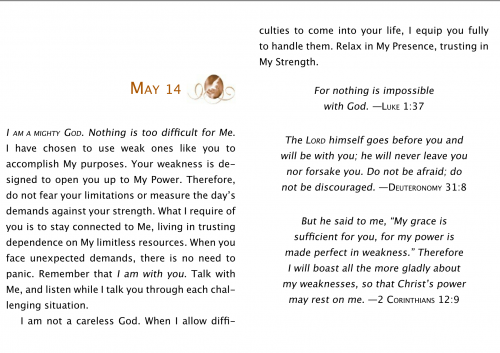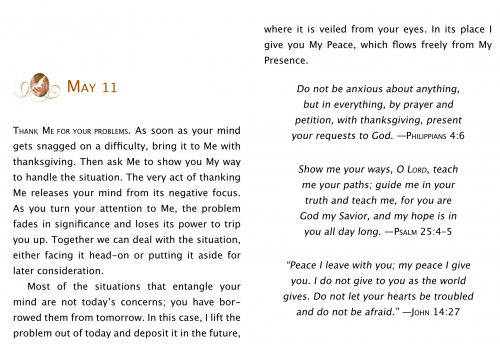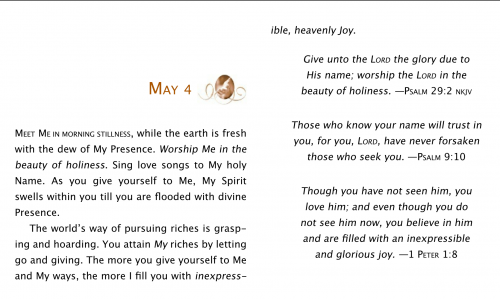The infinite love that is
the architect of our hearts has made our hearts in such a way that nothing less than an infinite union with infinite love will do. It’s the setup in the
beginning. . . .
That infinite love creates you as a capacity for love, for love’s
sake alone. That love is our destiny, love is the fabric of the true nature of
everything that’s happening.
This is the love nature of life. —James Finley, Intimacy: The Divine Ambush
Few people understand the love poetry and
mysticism of John of the Cross (1542–1591) better than my friend James Finley. I never tire of hearing him teach on John, whether it’s at our Living School or on his recent podcast. I offer a few stanzas of John’s poetry with nothing more to guide you than Jim Finley’s conviction that God’s “infinite love” is in all in us. This first passage is from the “The Ascent of Mount Carmel”: On a dark night,
Inflamed by love-longing—
O exquisite risk!—
Undetected I slipped away.
My house, at last, grown still.
Secure in the darkness,
I climbed the secret ladder in disguise—
O exquisite risk!—
Concealed by the darkness.
My house, at last, grown still.
That sweet night: a secret.
Nobody saw me;
I did not see a thing.
No other light, no other guide
Than the one burning in my heart.
This light led the way
more clearly than the risen sun
To where he was waiting for me
—The one I knew so intimately—
In a place where no one could find us.
O night, that guided me!
O night, sweeter than sunrise!
O night, that joined lover with Beloved!
Lover transformed in Beloved!
Upon my blossoming breast,
Which I cultivated just for him,
He drifted into sleep,
And while I caressed him,
A cedar breeze touched the air. . . .
I lost myself. Forgot myself.
I lay my face against the Beloved’s face.
Everything fell away and I left myself behind,
Abandoning my cares
among the lilies, forgotten. [1]
This second passage is from “The Spiritual Canticle”:
O soul,
most beautiful among all creatures,
you who so long to know the place
where your Beloved is,
so as to seek him
and become one with him,
now it has been stated:
you yourself are the home in which he dwells.
Here is a reason to be happy;
here is a cause for joy:
the realization that every blessing
and all you hope for
is so close to you
as to be within you.
Be glad,
find joy there,
gathered together
and present to him
who dwells within,
since he is so close to you;
desire him there,
adore him there,
and do not go off
looking for him elsewhere . . .
There is just one thing:
even though he is within you,
he is hidden. [2]
__________________________________________________
Sarah Young Jesus Calling
May 14
IAM A MIGHTY GOD. Nothing is too difficult for Me. I have chosen to use weak ones like you to accomplish My purposes. Your weakness is designed to open you up to My Power.
Therefore, do not fear your limitations or measure the day’s demands against your strength. What I require of you is to stay connected to Me, living in trusting dependence on My limitless resources.
When you face unexpected demands, there is no need to panic. Remember that I am with you. Talk with Me, and listen while I talk you through each challenging situation.
I am not a careless God. When I allow difficulties to come into your life, I equip you fully to handle them. Relax in My Presence, trusting in My Strength.
LUKE 1:37; For no word from God will ever fail.”
DEUTERONOMY 31:8; 8The LORD himself goes before you and will be with you; he will never leave you nor forsake you. Do not be afraid; do not be discouraged.”
2 CORINTHIANS 12:9: And he said unto me, My grace is sufficient for thee: for my strength is made perfect in weakness. Most gladly therefore will I rather glory in my infirmities, that the power of Christ may rest upon me.” King James Version


